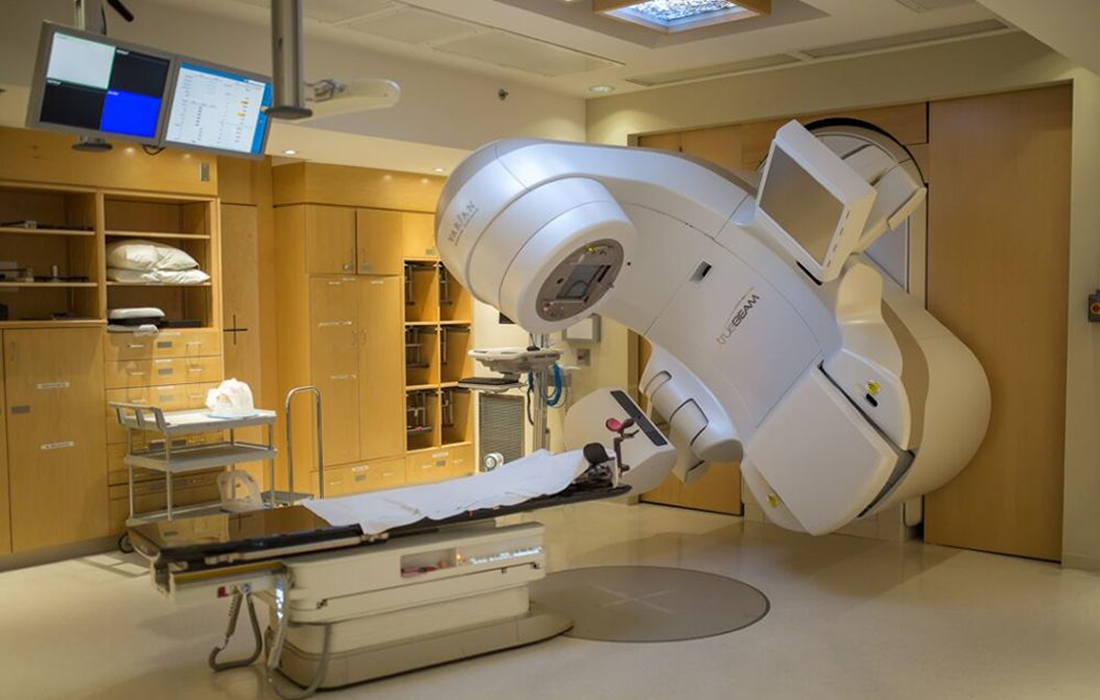Regenerative Medicine News and General Information
Radiation Therapy Used to Heal the Heart
Heart failure, sometimes known as congestive heart failure, occurs when the heart muscle doesn’t pump blood as well as it should. When this happens, blood often backs up and fluid can build up in the lungs, causing shortness of breath.
Heart failure is a leading cause of death globally. The CDC estimates that over 6 million people have heart failure in the United States and that up to 4 out of 5 individuals with heart failure have episodes of ventricular tachycardia, which refers to a fast, atypical heart rate that starts in the ventricles of the heart and can be life threatening.
This type of arrhythmia is a common cause of death in people with heart failure. Existing procedures to treat heart arrhythmias in individuals with heart failure can be invasive and variable in their success.
New Study at Washington University School of Medicine
A recent study published in the journal Nature by David M. Zhang and colleagues demonstrated that radiotherapy might help treat arrhythmias by triggering genes that can improve electrical conduction in the heart.
They did a series of studies on humans, mice and donated heart tissue to evaluate why ventricular tachycardia can improve much quicker. They found that 4 people who had undergone radiotherapy to treat heart arrhythmias showed improvement 6 months after the procedure but had no significant increase in scar tissue at the radiotherapy site.
They also found that radiotherapy activated genes from a signaling pathway called Notch, which helps control the formation of the heart’s electrical conduction system. Senior author Dr. Stacey L Rentschler, Ph.D. said: “Radiation therapy seems to kick up the speed faster by activating early developmental pathways that revert the heart tissue back into a healthier state.”
The results might mean that noninvasive radiotherapy could replace the invasive radiofrequency catheter ablation technique; this procedure guides a tube into your heart to destroy small areas of tissue that may be causing your abnormal heartbeat.
This study provides evidence for radiation-induced reprogramming of cardiac conduction as a potential treatment strategy for arrhythmia management in ventricular tachycardia patients.
Source:
Hannah Flynn, MS (2021, Oct 12). Radiation therapy triggers genes that heal the heart. Medical News Today. Retrieved from:
https://www.medicalnewstoday.com/articles/radiation-therapy-triggers-genes-that-heal-the-heart
Zhang, D.M., Navara, R., Yin, T. et al. Cardiac radiotherapy induces electrical conduction reprogramming in the absence of transmural fibrosis. Nat Commun 12, 5558 (2021). https://doi.org/10.1038/s41467-021-25730-0
Images from:

